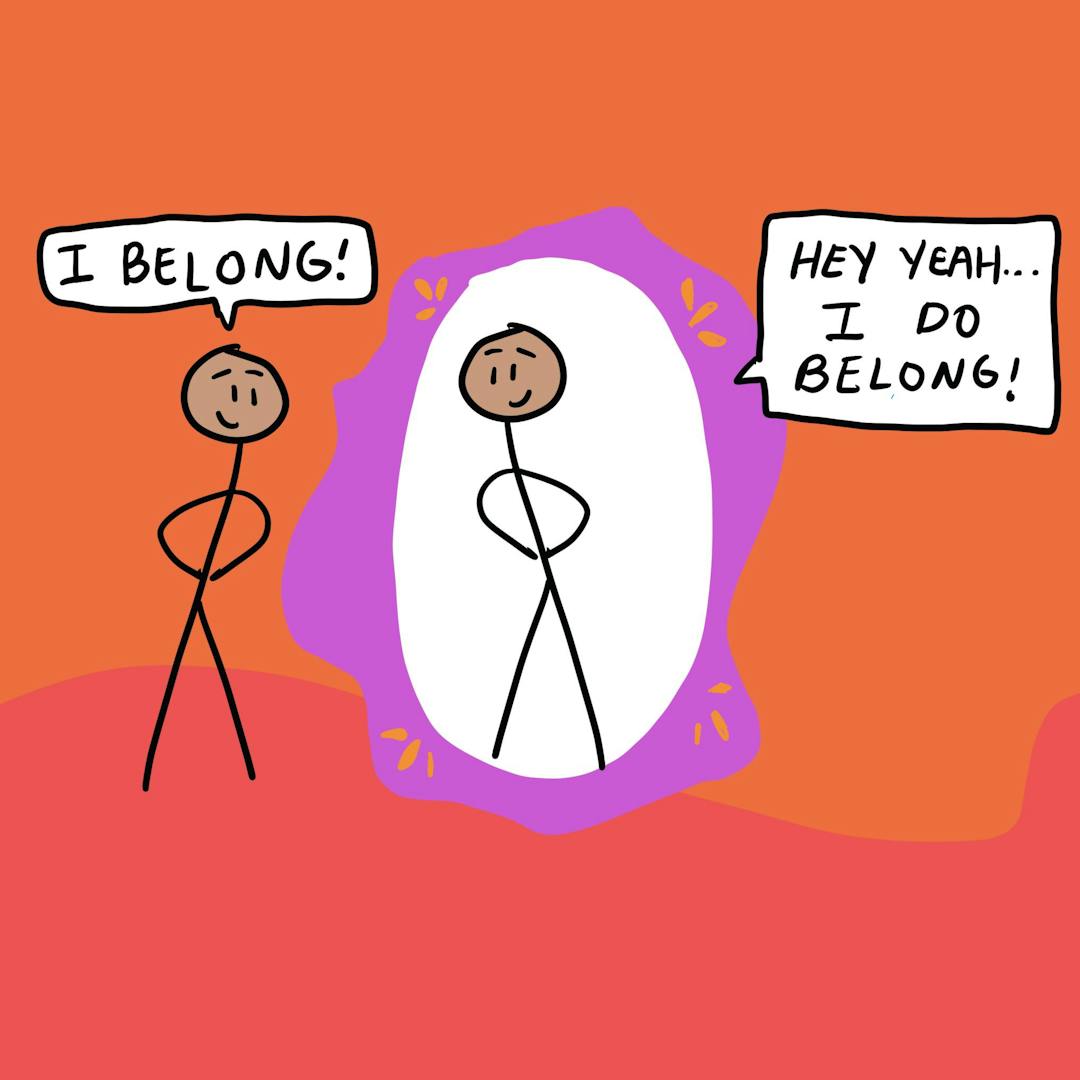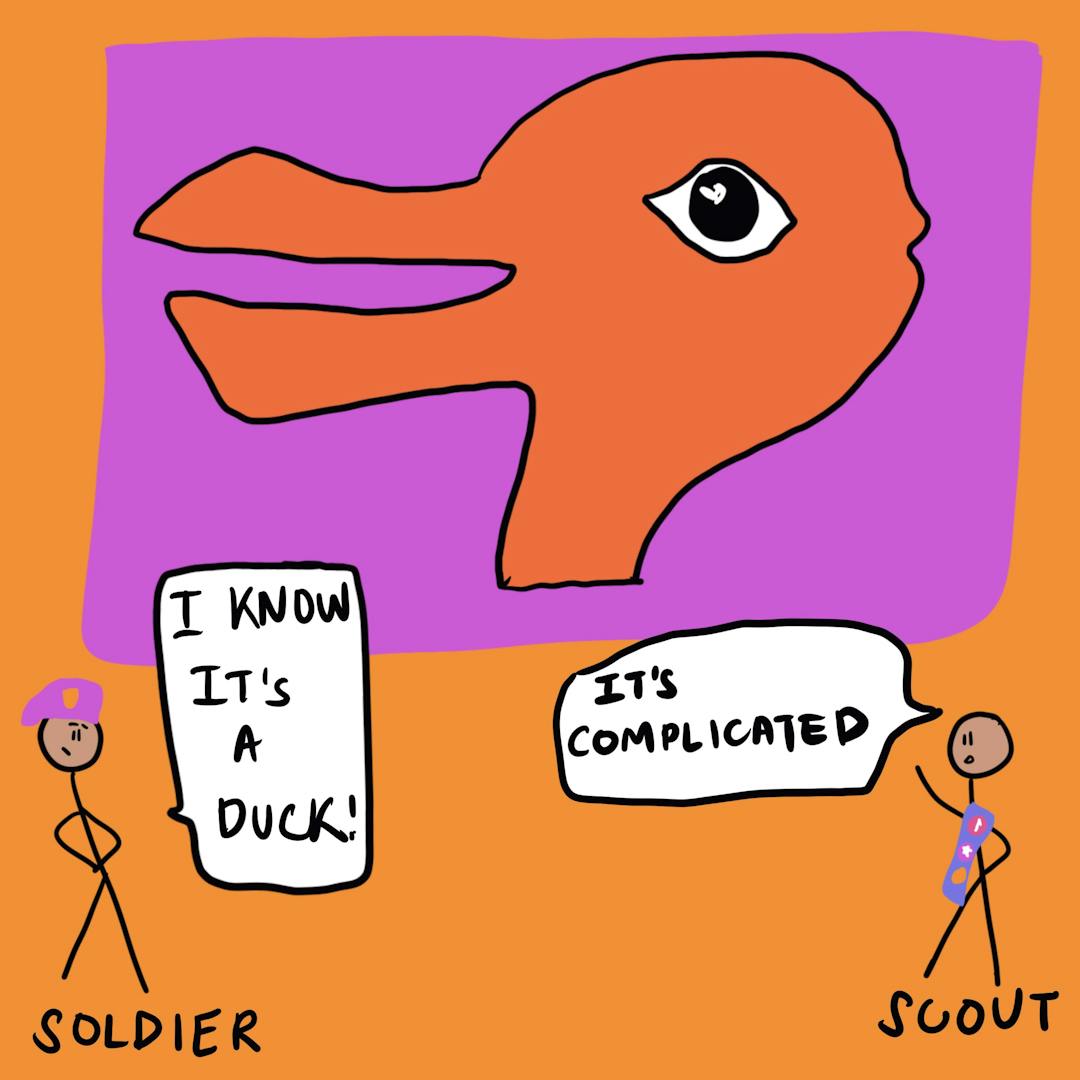Policy And Social Behavior During A Crisis: Faisal Naru

Art drawn by versusthemachines
[Replacing the rational agent model] is one of those key points around helping decision making, whether it’s for the individual, and that individual is a person in society, or if that individual is somebody who is on the leadership board of a big company, or if it’s somebody who’s sitting inside a government institution at the very top. And I think that what is very powerful when you start to merge some of these different skill sets is that ultimately you are trying to tell stories and you are trying to provide narratives that are backed not only by the numbers, but also by the emotions and feelings that come with this, and the values that they support, and therefore the ethics that they are displaying as well.
Intro
In today’s episode of The Decision Corner, we are joined by Faisal Naru, the head of strategic management and coordination in the executive director’s office at the OECD. Faisal has extensive experience in political strategy, public policy, behavioral insights, institutional reform, and global development.
For reference, the views and opinions expressed in this podcast are Faisal’s own and do not represent the views of the OECD or any of its members.
Faisal is a co-founder of the European Nudge Network, Board of Trustees of Nudge Lebanon and he serves on a number of international committees including the Green Growth Knowledge Platform’s Behavioural Insights Research Committee & the United Nations Multi-stakeholder Advisory Committee (MAC) of the 10 YFP Sustainable Lifestyle and Education Programme.
Faisal is a former member of the UK Cabinet Office, Chief Adviser to the government of Viet Nam and he belongs to the leadership team of a global development consultancy. He advises a number of government leaders on reform and improvements. He began his career heading up a charity tackling social mobility, and he graduated from the University of Oxford.
In this episode we discuss:
- How the COVID-19 crisis has altered behavior and policy at a variety of scales and contexts
- The role of trust in institutional effectiveness, and the relationship between expertise and effectiveness in policy
- Confirmation bias, political participation and overcoming preconceptions of how the world works
- Motivating people to adhere to policy beyond simple command and control mechanisms
- Empathy and pro-social behavior as a foundation for ethical decision-making





